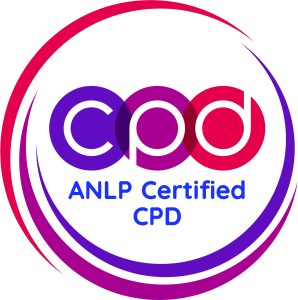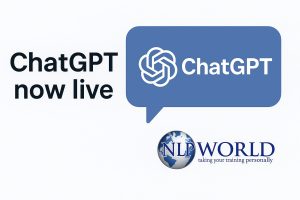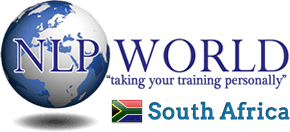Hypnosis in South Africa
When I talk about hypnosis in South Africa, I sometimes get a few funny looks and some questioning tonality. I recognise this, as in the UK many years ago, it was exactly the same. Only in the last 25 years has the UK recognised the qualities in health and healing that allows it the status it has now.
Now you can get hypnosis and hypnotherapy on the national health service.
So what happened?

Here’s what Wikipedia says about hypnosis:
“During hypnosis, a person is said to have heightened focus and concentration. The person can concentrate intensely on a specific thought or memory, while blocking out sources of distraction. Hypnotised subjects are said to show an increased response to suggestions.”
Here’s what one of our delegates said about hypnosis recently:
So you can see how simple the concept of what hypnosis is! It’s about getting a client relaxed enough through various relaxation techniques, to a place where they can listen to suggestions. Not rocket science or wacky at all. For the full article on hypnosis (albeit it’s not an amazing article in terms of the full extent of how and why hypnosis works, click here.
To visit NLP World’s site about hypnosis click here
And it has more scientific back than ever before:
Hypnotherapy is supported by more scientific research than any other complementary therapy.” The Which? Guide to Complementary Therapies 2002
“Hypnosis has gained credibility in the past five years because of research using the latest brain-imaging technology…. Studies show hypnosis can help treat a multitude of disorders…” Business Week







